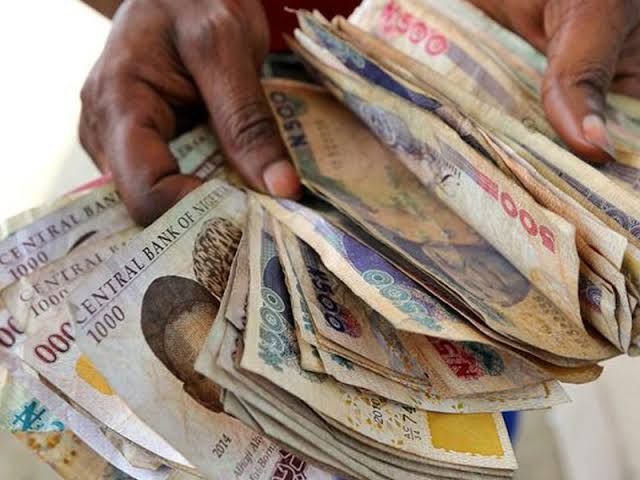
The Nigerian naira gained ground against the U.S. dollar across multiple foreign exchange (FX) markets on Friday, a positive development that aligns with the World Bank’s recent endorsement of the currency’s improving stability.
At the *Nigerian Foreign Exchange Market (NFEM), the naira closed the week at *₦1,599.54 per dollar*, marking a modest improvement compared to the previous week’s close of *₦1,599.79, according to data from the Central Bank of Nigeria (CBN).
Similarly, in the *parallel market, often referred to as the black market, the naira maintained a steady rate of *₦1,605 to the dollar, a level it has consistently held since Wednesday.
In its latest economic report, the World Bank Group recognized the naira’s strengthening position, crediting recent *government policies, **enhanced liquidity, and *reduced market volatility for the improvement.
“Policy efforts are aimed toward a unified and market-determined exchange rate to make the naira more competitive,” the report stated.
“Improved foreign exchange liquidity and reduced volatility have led to a more stable naira so far this year.”
The World Bank also highlighted that as financial conditions across Africa became less restrictive, several regional currencies began to recover. It cited the *Kenyan shilling, which appreciated by *20% throughout 2024, as an example of improving stability on the continent.
Despite these gains, the report pointed out that currencies in countries grappling with external debt pressures and weak export revenues—such as South Sudan, Ethiopia, and Nigeria—experienced steep depreciations in 2024, with declines exceeding 40%. However, the naira’s performance in 2025, compared to the previous two years, has been notably more stable.
Further supporting the World Bank’s assessment, Afrinvest Securities Limited reported that the naira had depreciated by only 4.0% against the U.S. dollar as of *April 23, 2025, trading at *₦1,602.30**.
Afrinvest attributed this relative stability to the CBN’s *frequent interventions*, which have helped close liquidity gaps in the FX market.
However, sustaining this progress remains a challenge. Analysts caution that the CBN’s ability to continue supporting the naira is limited by weakening financial buffers.
“The firepower to sustain interventions is missing some of the critical strength,” Afrinvest observed, citing reduced inflows from crude oil sales and portfolio investments.
Portfolio investment inflows, a key source of FX, were down by 51.9% quarter-on-quarter in *Q3 2024, dropping to *$1.3 billion**.
Nigeria’s foreign exchange reserves have also felt the strain, slipping from $40.9 billion at the start of 2025 to $37.2 billion. The decline is attributed to a mismatch between drawdowns and new inflows, heightening concerns about the country’s ability to sustain FX interventions and attract risk-averse foreign investors.
The growing pressure on reserves has fueled concerns about broader economic growth, with the International Monetary Fund (IMF) recently revising Nigeria’s growth forecast downward.
Despite these headwinds, the naira’s performance so far in 2025 paints a picture of increased resilience and predictability compared to the volatility seen in previous years. While challenges persist, ongoing reforms and policy adjustments could help entrench stability in Nigeria’s foreign exchange environment over the long term.